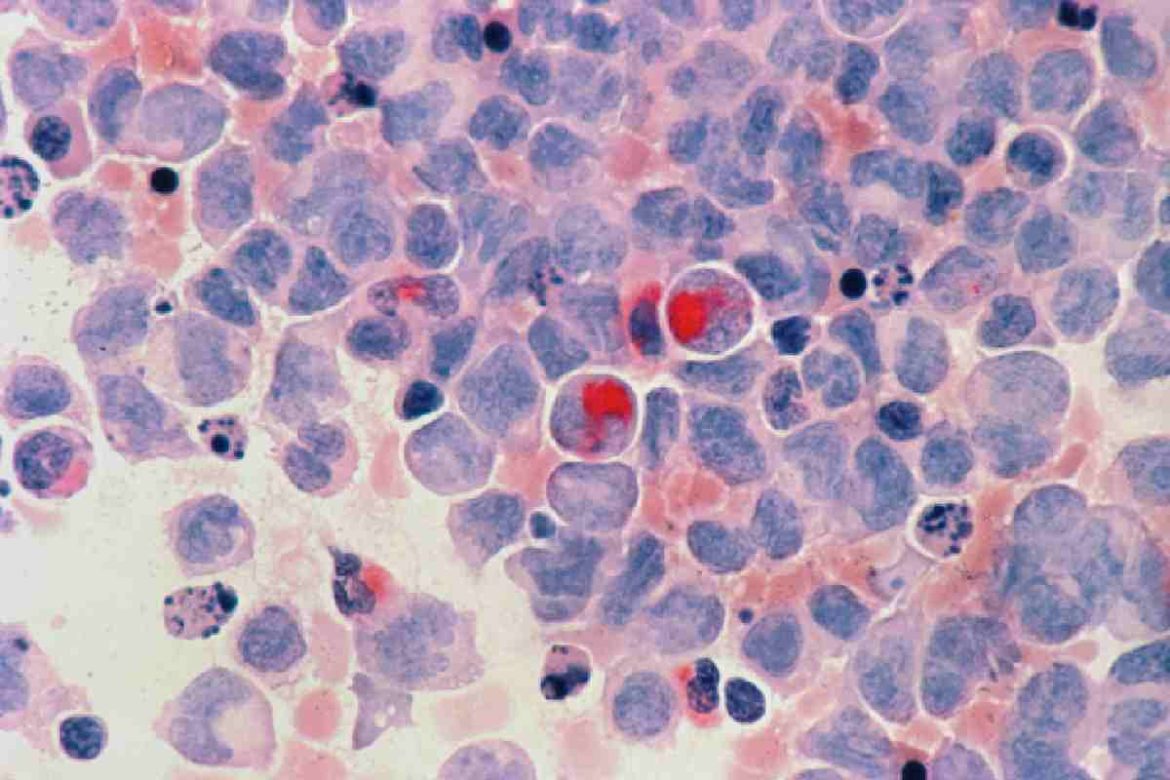What Can You Do to Prevent Cancer? – Cancer is a complex and potentially fatal illness that can strike people of any age, gender, or way of life. While there is no surefire method of preventing cancer, taking care of your health and having regular examinations can greatly decrease your risk of a life-threatening bout of cancer. Therefore, we should all understand how various health practices can affect our overall well-being. Here are some general steps you can take to lower your risk of cancer.
Get Screened
Regular cancer screening can help detect cancer early—when it has the highest likelihood of being treatable. Cancer screenings can help identify abnormal cells before they become cancerous or detect cancer before it has spread to other parts of the body. Examples of common cancer screening tests include mammograms for breast cancer, colonoscopies for colon cancer, and Pap smears for cervical cancer. Your doctor may also recommend full-body MRI scans or CT scans. Research how accurate is CT scan for cancer and talk to your doctor about which tests are recommended for you based on your age, gender, and family history.
Be Vaccinated
Vaccines may be controversial to some, but science proves that they can help protect against certain types of diseases. The two most common cancer vaccines are the human papillomavirus (HPV) vaccine and the hepatitis B virus (HBV) vaccine. The HPV vaccine protects against a common sexually transmitted infection that can cause various types of cancer including cervical cancer. The HBV vaccine protects against hepatitis B which can cause liver cancer. Scientists are also researching a vaccine to prevent people from contracting the human T-cell lymphotropic virus type 1 (HTLV-1), which is associated with leukemia or lymphoma.
Quit Smoking
Using tobacco products significantly increases your risk of developing cancer. Smoking is the leading cause of lung cancer, responsible for about 85% of all cases. It can also increase your risk of cancers of the mouth, throat, larynx, and esophagus. Smoking is thought to cause cancer by damaging cell DNA, which can lead to mutations that cause the cells to multiply abnormally and form tumors. If you do not smoke, do not start. If you do smoke, try to quit as soon as possible. Many resources and helplines are available to help you to kick your smoking habit. Reach out to your doctor to find out more about how they can help you quit.
Protect Your Skin
Ultraviolet (UV) radiation is the primary cause of most cases of skin cancer. Limit your exposure to UV from the sun. Wear protective clothing such as long-sleeved shirts, pants, and hats, and use sunscreen with an SPF of 30 or higher when you plan to go outdoors. If possible, stay out of direct sunlight between 10 a.m. and 4 p.m. when UV radiation is at its peak. Avoid using visiting tanning salons and using tanning beds that emit UV radiation. In addition, you should regularly check your skin for new growths or changes to existing moles and consult a dermatologist if you notice anything unusual.
Keep Moving
It is not completely understood how physical activity reduces cancer risk, but researchers think that regular exercise can enhance immune function, which can help the body better recognize and defend against cancer cells. Exercise is also thought to help reduce chronic inflammation and regulate the levels of certain hormones, both of which can help lower cancer risk. The American Cancer Society recommends that adults get at least 150 minutes of moderate-intensity aerobic activity per week. Aside from reducing cancer risk, maintaining a healthy weight can reduce the risk of chronic health conditions such as heart disease and diabetes.
Eat Well
Eating a healthy and balanced diet can help lower your risk of developing cancer. You should aim to consume a varied diet that includes fruits, vegetables, whole grains, lean protein sources, and healthy fats. These will provide important nutrients that are necessary for good body function and a healthy immune system. Foods that are high in refined sugars and unhealthy fats can cause inflammation in the body and increase the risk of cancer development. Try to avoid these as much as possible. You should also be mindful of your intake of processed foods and red meat, which have been linked to a higher risk of colorectal cancer.
Limit Alcohol
Drinking alcohol in moderation or not at all can help reduce your risk of developing certain types of cancer. Scientists believe that alcohol can damage the body’s tissues and DNA, thus increasing the risk of cancer. Chronic alcohol consumption can also suppress the immune system and lead to nutrient deficiencies, preventing the body from fighting cancer cells effectively. The American Cancer Society recommends limiting alcohol consumption to one drink per day for women and two drinks per day for men. If you have a problem with alcohol, ask your doctor for resources that can help you quit or reduce your intake.
While the above steps can help reduce your risk of cancer, remember that they are not foolproof. Regular checkups with your doctor and early detection remain the best ways to catch cancer early and increase the chances of successful intervention. Should you have any questions about your lifestyle and cancer prevention, do not hesitate to speak with your doctor. By being proactive about your health, you can greatly increase your odds of steering clear of cancer!


